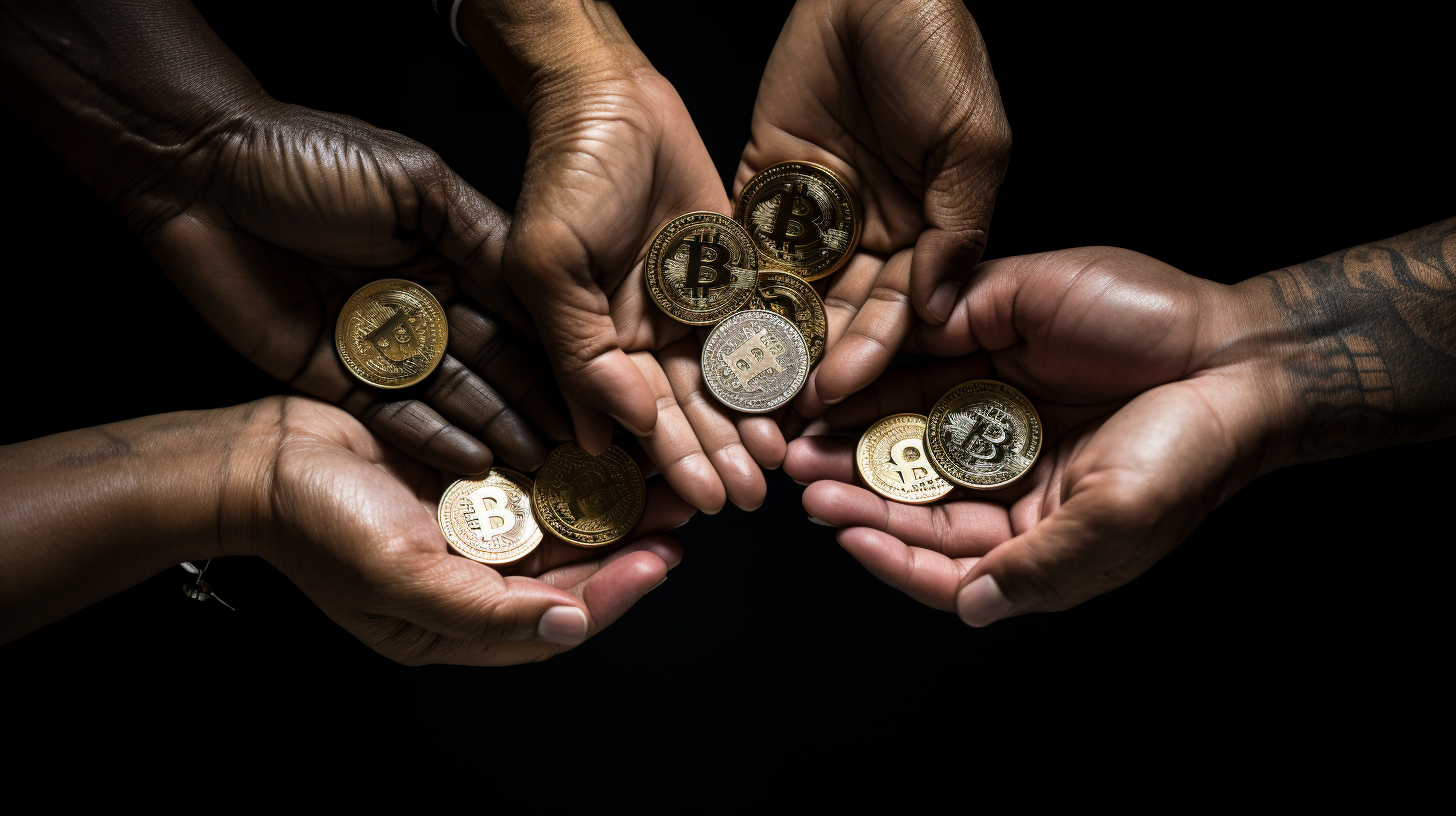In an era where cryptocurrencies reign supreme, the face of philanthropy is undergoing an unprecedented transformation. No longer bound by the traditional constraints of fiat currencies, crypto-philanthropy has emerged as a revolutionary force, leveraging the power of blockchain technology to make giving more efficient, transparent, and global. But what does this mean for the non-profit sector, donors, and the beneficiaries of such generosity? Let’s explore the impact of digital donation dynamics within our crypto-centric economy.
Firstly, the essence of philanthropy remains the same—giving for the betterment of humankind. However, in a world dominated by Bitcoin, Ethereum, and an array of altcoins, the mechanisms of donating have expanded significantly. The immediacy of cryptocurrency transactions transcends international borders, expediting the flow of aid and minimizing bureaucratic red tape. In the aftermath of a disaster, this could mean the difference between life and death, as funds are transferred and received, almost in real-time, without the need for currency conversion delays or exorbitant transaction fees.
Notably, the application of smart contracts ensures that funds are used as intended by the donors. These self-executing contractual states, existing within blockchain networks, provide a level of accountability that was previously unattainable. A smart contract could, for instance, be programmed to release funds only when specific conditions are met, such as the completion of a project stage or the achievement of a targeted goal, ensuring that every satoshi is spent wisely.
Transparency is another hallmark of crypto-philanthropy. Blockchain’s public ledger allows for the tracking of donations from wallet to wallet, shining a light on the journey of each contribution. This open ledger system provides donors with the peace of mind that their hard-earned digital currency is reaching its intended destination, and not being siphoned off into the dark recesses of administrative overheads or, worse, corruption.
However, the proliferation of crypto has also brought its fair share of challenges. The volatile nature of digital assets can both benefit and hinder philanthropic efforts. A donation made in Bitcoin today could significantly increase or decrease in value tomorrow, complicating budgeting for non-profits. This has given rise to stablecoin-oriented donations, reducing the risk of value fluctuation and propelling a more predictable charitable landscape.
Crypto-philanthropy isn’t just influencing the logistics of giving; it’s creating entirely new paradigms for donation models. Eager to assist in causes they care about, crypto-rich benefactors are setting up Decentralized Autonomous Organizations (DAOs) focused on philanthropy. These DAOs democratize the decision-making process of funds allocation, enabling donors to vote on projects and initiatives, fostering a community-driven approach to aid distributions.
Ethical considerations are at the forefront as well. As more individuals opt for privacy coins and enhanced anonymity features, the desire for private giving conflicts with the demand for transparency. This dichotomy poses a significant question: how do we balance the privacy rights of donors with the need for open philanthropy?
Despite the obstacles, crypto-philanthropy is spurring a renaissance in charitable giving. It paves the way for innovations that could potentially eradicate many of the inefficiencies plaguing traditional philanthropy. As this digital donation landscape evolves, the promise of a world where benefaction is as seamless as it is substantial, is an inspiring vision.
In closing, the evolution of crypto-esque charitable mechanisms is not just a trend but a powerful movement reshaping the bedrock of how we support and uplift one another. As we move forward on this blockchain-backed journey of generosity, we must continue to adapt, overcome challenges, and harness the full potential of crypto-philanthropy for the benefit of all humanity.
So, whether you’re a tech-savvy magnate looking to invest in social good, or simply a digital denizen with a heart for charity, the fusion of cryptocurrency and philanthropy offers an exciting frontier poised for exploration and impact. The question now is, how will you contribute to the changing face of charitable giving?
